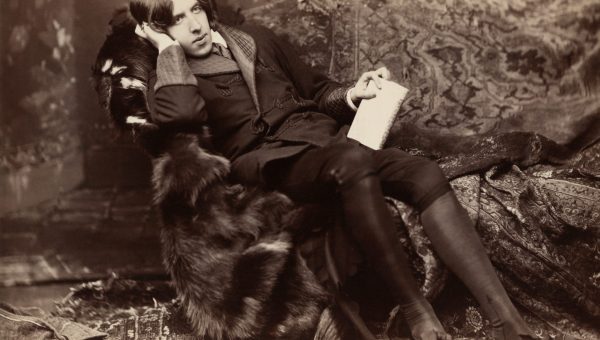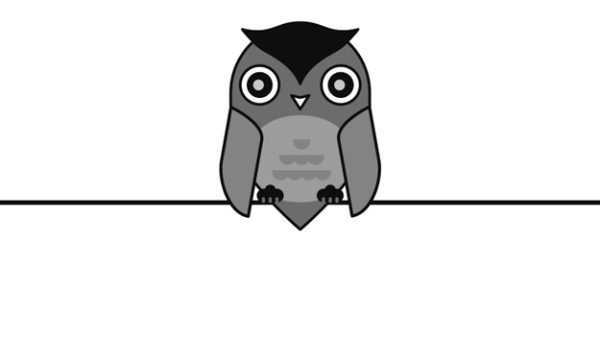No one is born successful. We all have to work day jobs until we achieve our dreams.
As a MailPoet user, you’re probably an aspiring writer or small-business owner yourself. In this motivational post, we’re going to look at five successful writers and businesspeople that worked day jobs before becoming a success. We’ll also draw one valuable lesson from each life story.
Larry Page and Sergey Brin – PhD students at Stanford University
The biggest search engine in the world has humble origins, indeed. The co-founders of Google, Larry Page and Sergey Brin, first came up with the idea for a better search engine while PhD students at Stanford University. Their first data center was built in their dorm room and was hosted on the Stanford website. The search engine grew so quickly that it eventually slowed down the school’s entire network. Not bad for a PhD thesis.
Lesson learned: Use all available resources
In 1996, it was prohibitively expensive to build your own data network. Page and Brin solved this problem by building the initial version of Google on top of their university’s network.
Are you utilizing all of your available resources? Can you minimize costs and maximize profits by leveraging bigger resources at your disposal?
Arthur Conan Doyle – surgeon
The creator of Sherlock Holmes wasn’t a detective, but was in fact, a medical doctor! Born in Edinburgh, Scotland, he published his first piece of writing while still at medical school. After publishing his first Sherlock Holmes story in 1886, Conan Doyle later became one of the highest paid writers of his time.
Lesson learned: Have a reliable day job and use your free time wisely
Conan Doyle first started writing while at medical school and later while waiting for patients at his medical practice. If you’re starting a new business or blog, be smart about it. Most entrepreneurs recommend building your project on the side until it completely replaces your primary income. Eventually, like Conan Doyle, it may just eclipse your day job.
Jack Kerouac – dishwasher, gas station attendant, fire lookout
Jack Kerouac held dozens of informal jobs over the course of his (tragically short) life. The author of On the Road, Big Sur, The Dharma Bums, and numerous other short stories, Kerouac specifically drew inspiration from his various odd jobs. He worked as a deckhand, a dishwasher, a gas station attendant, and (most famously) as a fire lookout at Desolation Peak, Washington State.
Lesson learned: Draw inspiration from life experiences
Kerouac’s stories are so gripping because they are real. When he says he went somewhere, we believe him.
Do you have any unique interesting life experiences? What about your life is vastly unlike everyone else? How can you capitalize on it?
Steve Wozniak – engineer at Hewlett-Packard
The ‘technical’ half of Apple Computer, Wozniak at first refused to quit his job at Hewlett-Packard. Finally convinced by his co-founder, Steve Jobs, the two partners went on to change computing history forever.
Lesson learned: Monetize your interests
Wozniak and Jobs were both involved in the Homebrew Computer Club, a computer hobbyist group in the 1970s. The future founders of Apple realized that computers would eventually be used by normal people, too.
What niche interest you have that could be popular among everyday people? Is there a community already around it? Test out your product idea among them first.
Franz Kafka – insurance clerk
Fortunately for world literature (but unfortunately for Franz Kafka), this Czech author of Metamorphosis, The Trial, and The Castle spent over a decade working as a clerk in various insurance firms. His experiences there no doubt formed the basis of his novels and short stories, most of which have themes of alienation, absurdity, and isolation within the modern office bureaucracy.
Lesson learned: Channel frustration into quality work
As proved by the popularity of Kafka’s fiction, hating the bureaucratic nature of one’s job is a universal experience. The common mistake, however, is to just complain (and do nothing about it.)
Is your current day job less-than-ideal? Don’t get mad, get even. Channel your frustration into making your business or blog awesome. Anger is a strong motivator.




Very good! Well written and humorous. Cheered me up :-)
Thanks Ken! We always love to hear that. :)